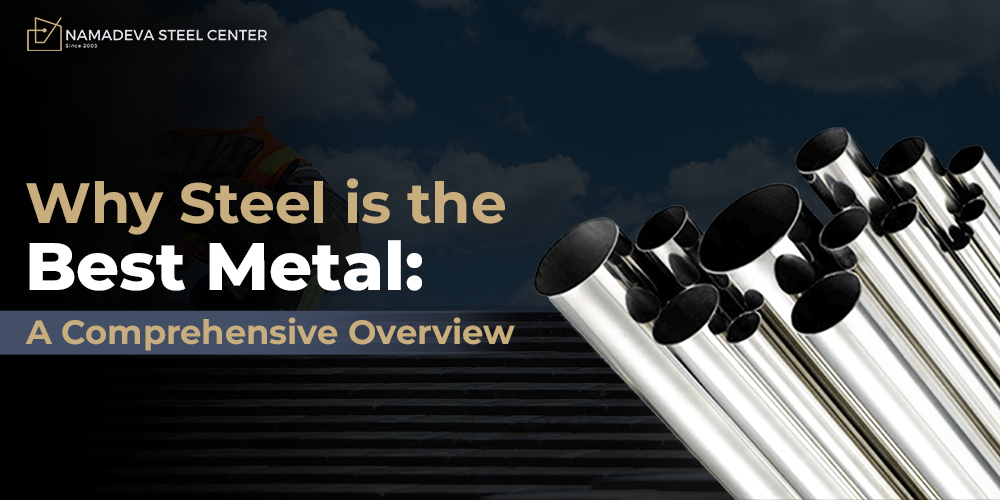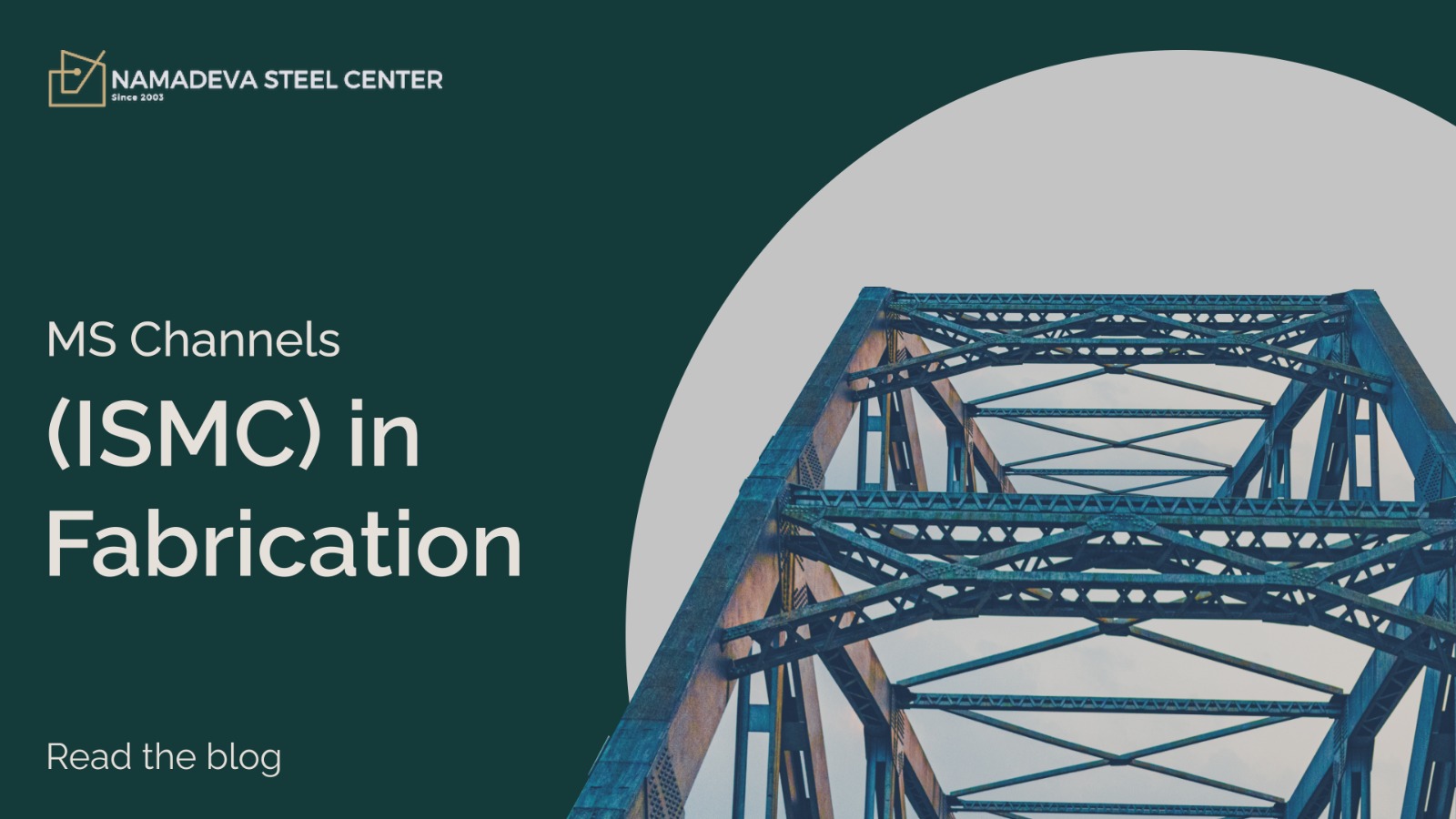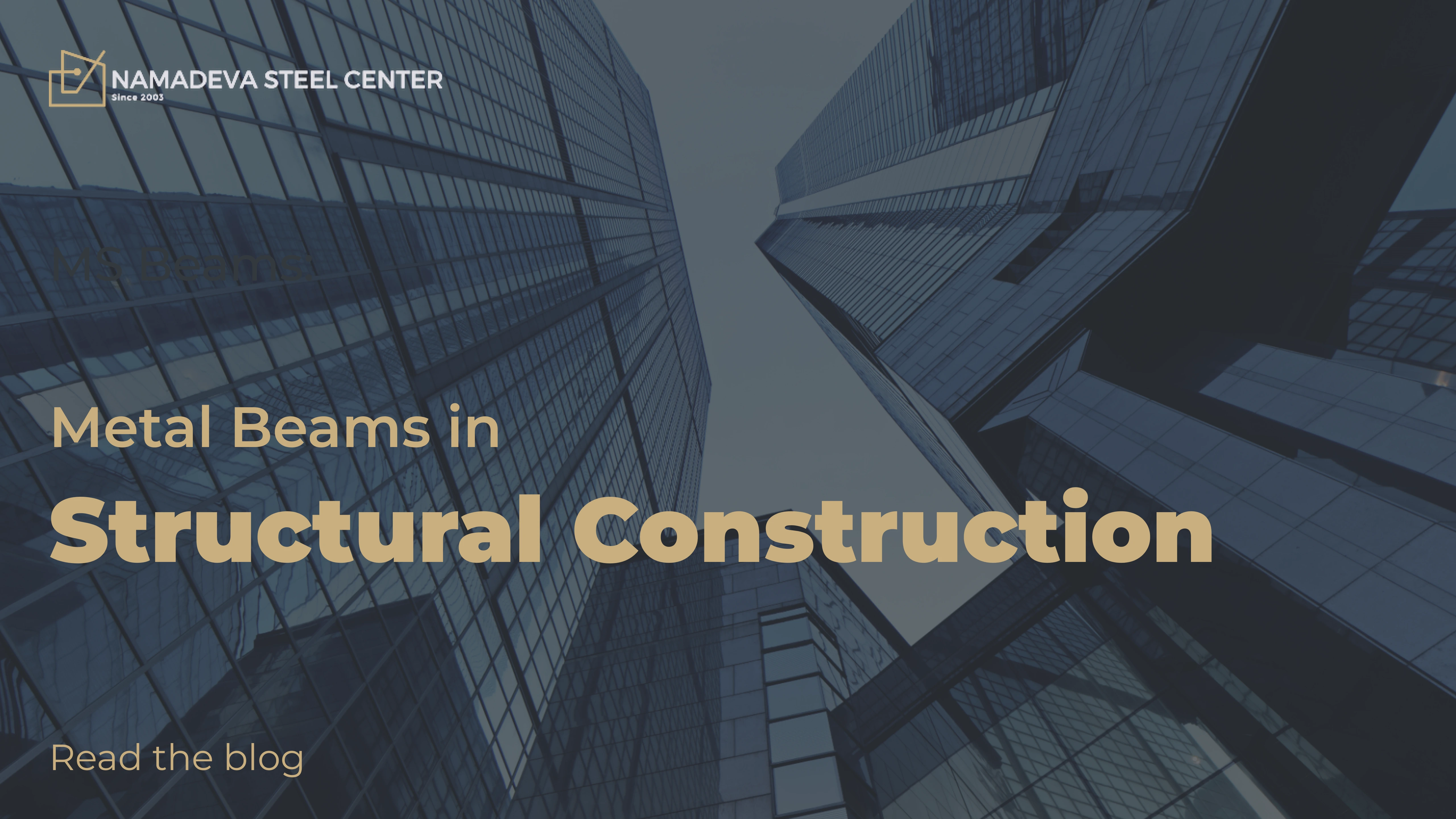Steel is often hailed as one of the most versatile and valuable materials in the world, playing a crucial role in industries ranging from construction to manufacturing. But what makes steel stand out as the best metal? In this blog, we’ll explore the unique properties of steel, its advantages, and why it remains the top choice across various applications.
1. Exceptional Strength and Durability
One of the primary reasons steel is considered the best metal is its unparalleled strength and durability. Steel’s ability to withstand high levels of stress without breaking makes it ideal for constructing buildings, bridges, and other infrastructure. Its strength ensures that structures made from steel are stable, secure, and long-lasting, even in extreme conditions.
2. Versatility Across Industries
Steel’s versatility is another key factor that makes it indispensable. It can be shaped, molded, and fabricated into countless forms, catering to the needs of various industries. Whether it’s in the automotive industry for making car bodies, in construction for reinforcing concrete, or in the creation of everyday household items, steel’s adaptability is unmatched.
3. Cost-Effectiveness
Despite its numerous benefits, steel is relatively affordable compared to other metals with similar properties. Its cost-effectiveness, combined with its strength and durability, offers significant savings in the long run. Structures built with steel require less maintenance and are less prone to damage, reducing repair costs over time.
4. Recyclability and Environmental Benefits
Steel is one of the most recycled materials in the world, with the ability to be recycled multiple times without losing its properties. This makes steel an environmentally friendly option, as it reduces the need for mining and decreases the overall carbon footprint. The steel industry has also made significant strides in improving energy efficiency and reducing emissions during production, further enhancing its green credentials.
5. Resistance to Corrosion and Wear
Modern steel, especially when treated or alloyed with other elements, is highly resistant to corrosion and wear. This resistance extends the lifespan of steel products, making them ideal for use in harsh environments, such as marine or industrial settings. Stainless steel, for example, is widely used in kitchens and medical equipment due to its resistance to rust and easy maintenance.
6. High Tensile Strength
Steel's high tensile strength means it can withstand significant stretching or pulling forces without breaking. This property is particularly important in applications like suspension bridges, high-rise buildings, and aircraft, where structural integrity is critical. The ability to bear heavy loads while remaining relatively lightweight makes steel a superior choice in these demanding applications.
7. Fire and Heat Resistance
Steel’s resistance to fire and heat is another reason it is the preferred metal in many construction projects. Unlike wood, which can burn, or other metals that can melt, steel maintains its structural integrity at high temperatures. This property enhances the safety and resilience of steel-framed buildings, making them more capable of withstanding fires.
8. Innovation and Advancements
The steel industry continually innovates, developing new types of steel alloys that offer improved properties for specific applications. For instance, high-strength, low-alloy (HSLA) steel provides greater strength without increasing weight, making it ideal for automotive and aerospace applications. Such advancements keep steel at the forefront of materials science and engineering.
Steel’s combination of strength, versatility, cost-effectiveness, and environmental benefits make it the best metal for a wide range of applications. From towering skyscrapers to everyday household items, steel’s unique properties ensure it remains an indispensable part of modern life. Whether you’re involved in construction, manufacturing, or any other industry that relies on durable and reliable materials, steel is undoubtedly the metal of choice. Its ongoing innovations and sustainability efforts further solidify its position as the best metal, driving progress across the globe.



